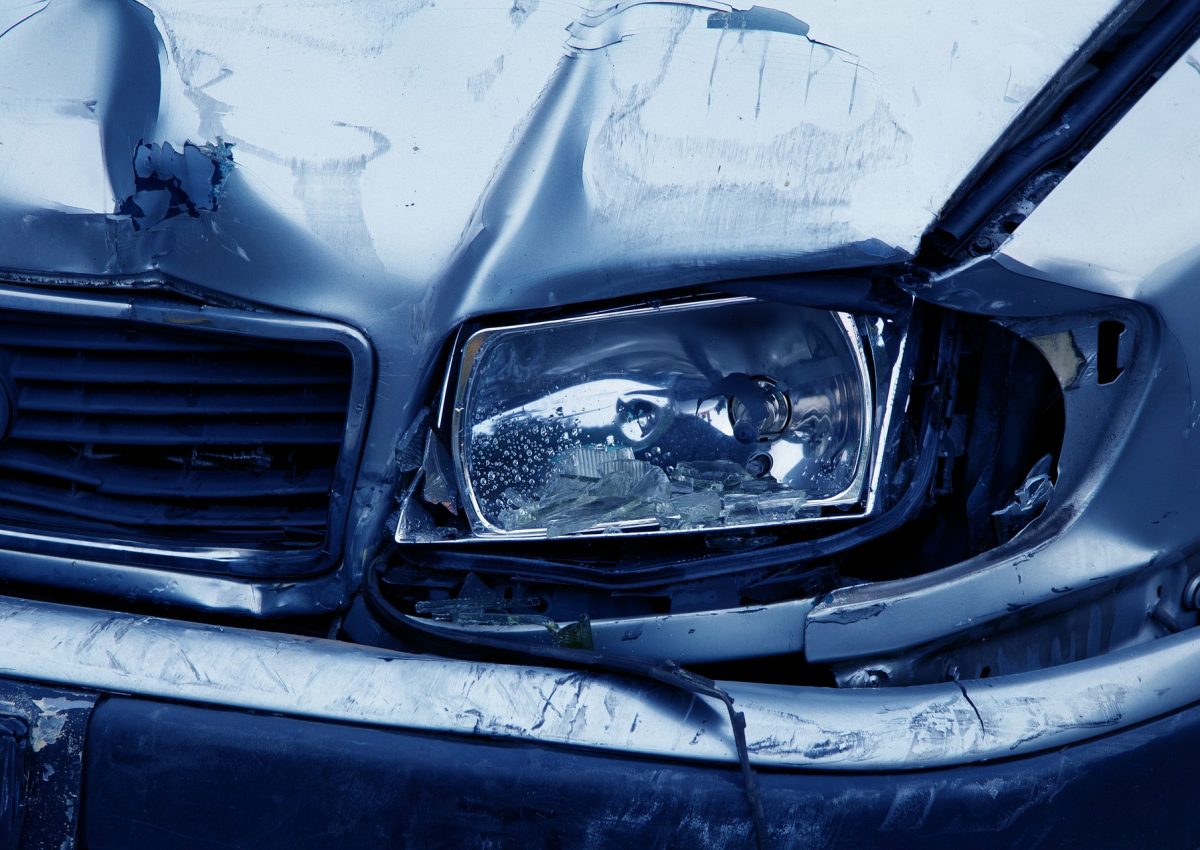
Many of our clients have heard that as of January 1st, 2022, your automobile insurance is switching gears to a DCPD (Direct Compensation for Property Damage) model.
We wanted to take a proactive approach in making sure you are correctly informed about this upcoming change.
Frequently Asked Questions:
Q: What is DCPD insurance?
A: Short answer ~ DCPD stands for Direct Compensation for Property Damage.
Long answer ~ DCPD is a change in how vehicle damage claims following accidents are treated in Alberta. Under DCPD, your own insurance company pays for repairs to your vehicle when you are not
at fault for an accident, not someone else’s.
Q: If the insurance company pays out regardless of fault, does this mean AB is now a no-fault system?
A: No. Confirming who is at fault is still required to determine if the collision will affect your premium, which coverage the claim is paid under and if you’ll pay a deductible. Fault for vehicle collisions will be allocated using the DCPD Fault Determination Rules. If you were not at fault, your premium would not be affected by the collision.
Q: Is DCPD Insurance the same as Government Insurance in BC, SK & MB?
No. British Columbia, Saskatchewan & Manitoba have government-operated auto insurance (Crown Corporations). In government insurance, the provincial government is the sole provider of the basic coverages. The premium is paid annually when the vehicles license plate is renewed. No policy is typically issued for these basic coverages.
Under DCPD in Alberta, automotive insurance policies will still be sold by private insurance companies. The consumer typically benefits from this competitive market, with the main benefit for consumers being the artificially reduced rates they enjoy vs their Crown corporation counterparts.
Q: Why is Alberta moving to the DCPD model?
A: DCPD is generally accepted as a fairer and more practical approach
to insurance claims and vehicle repairs and is already adopted in most provinces in Canada. Under DCPD, damages to your vehicle will be repaired faster and without the obstructions and complexities
that can arise when dealing with another driver’s insurer.
DCPD also reduces costs associated with Subrogation. [Subrogation is the process insurers use to determine who pays for a claim following an accident]. Along with other reforms, it is hoped that DCPD will help stabilize premiums for the long term.
Q: Having mentioned fairness & reduced costs, does that mean I will see a rate decrease?
A: DCPD properly aligns insurance premiums with the costs associated with repairs for a vehicle. This means that, typically, owners of less expensive vehicles that cost less to repair will pay less for their insurance. Similarly, owners of more expensive vehicles that cost more to repair may
pay more. Most believe this to be a fairer system for everyone. Under DCPD, 42% of drivers will see a reduction in their premiums, and roughly 15% will see no change. An estimated 34% of drivers will see an increase in their premiums between 0% and 5%. The final 9% are expected to see increases over 5%.
Q: What do I need to do?
A: DCPD begins January 1st, 2022 & vehicle owners do not have to do anything. The process is automatic. If you are involved in a collision, you work with your insurer – not someone else’s – if your vehicle is damaged.
Q: Do I still need to purchase collision coverage?
A: You will still need to purchase collision coverage if you would like at-fault collision damages covered by your insurance company. Remember: the change only applies for not-at-fault collisions.
Q: So what if I am in a collision, where I am found 50% at fault & the other driver 50% at fault?
A: If you have Collision coverage, it will pay for damage to your vehicle even if you are 100% responsible (at fault) for the accident (as it does now). It also covers the costs of towing, storage and salvage disposal.
If you don’t have Collision coverage, you will have to cover any costs for damage to your own vehicle out of pocket. You will need to pay the percentage of the vehicle repairs, equal to the percentage you are found responsible or at fault. If you are 50% at fault, you will pay 50% of the damages, and 50% will be paid through your DCPD coverage.
Q: What about injuries in a collision?
A: DCPD is specific to vehicle damages and loss of use of your vehicle. DCPD does not impact a consumer’s right to sue for other damages, like injuries, under the present tort system. [A tort is a civil wrong or harm committed against another. The injured party has a right of action against the wrongdoer].
Still have questions regarding DCPD?
Never hesitate to give our office a call & chat with one of our experienced brokers.

